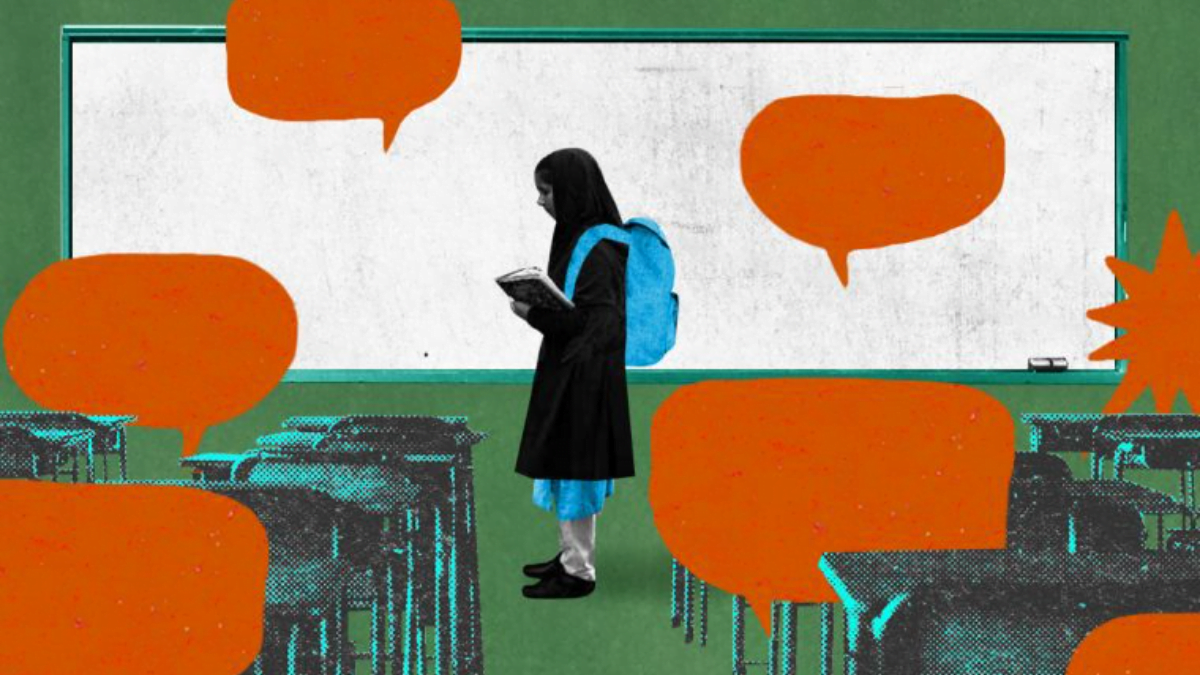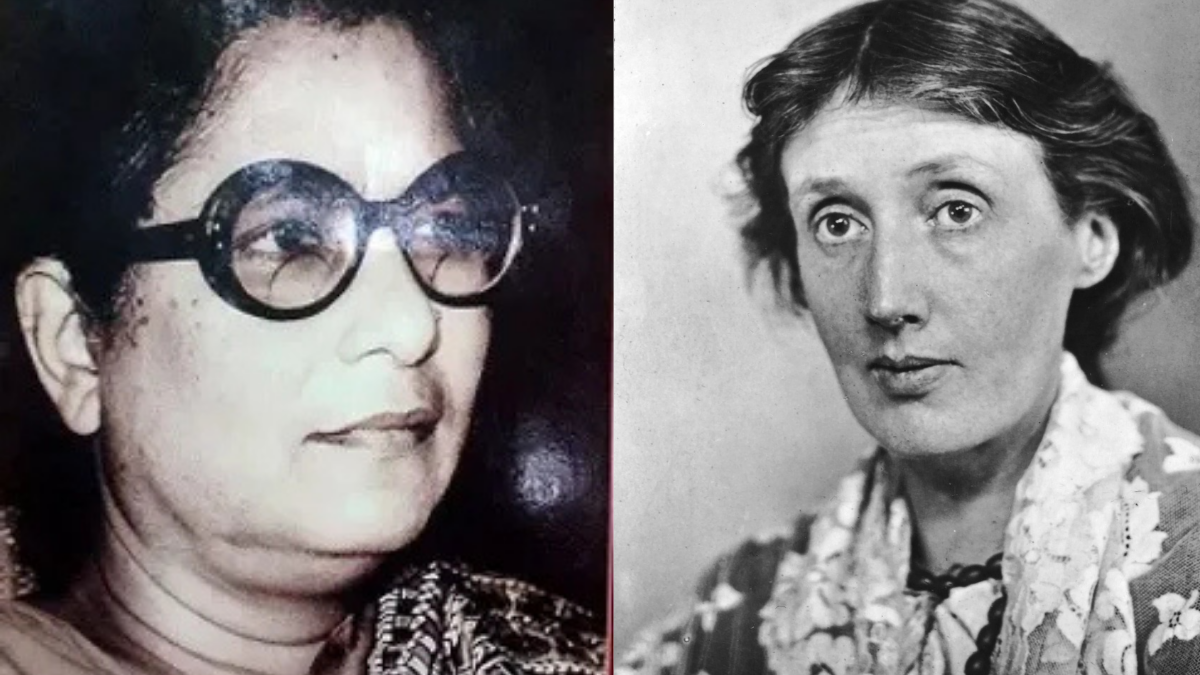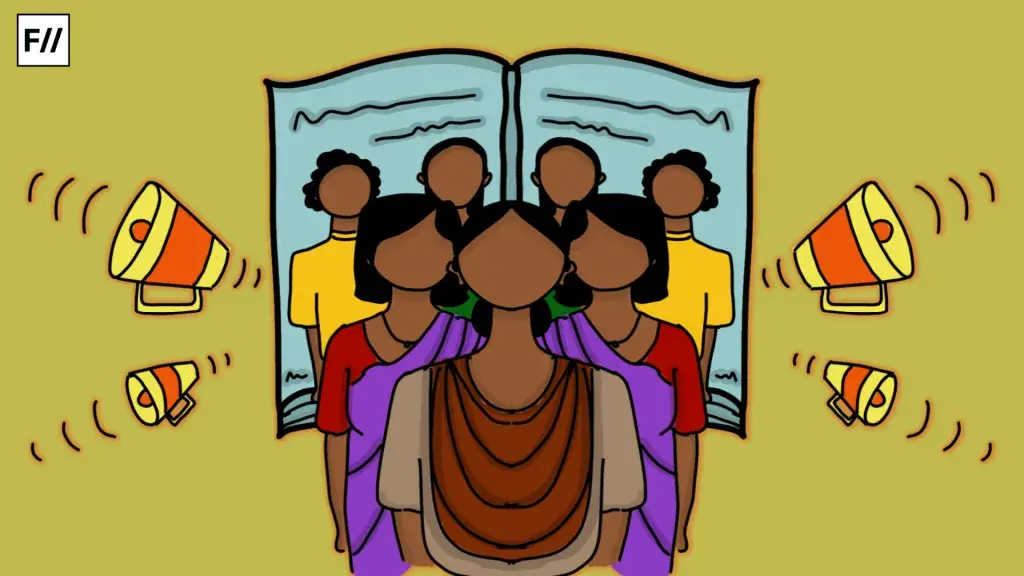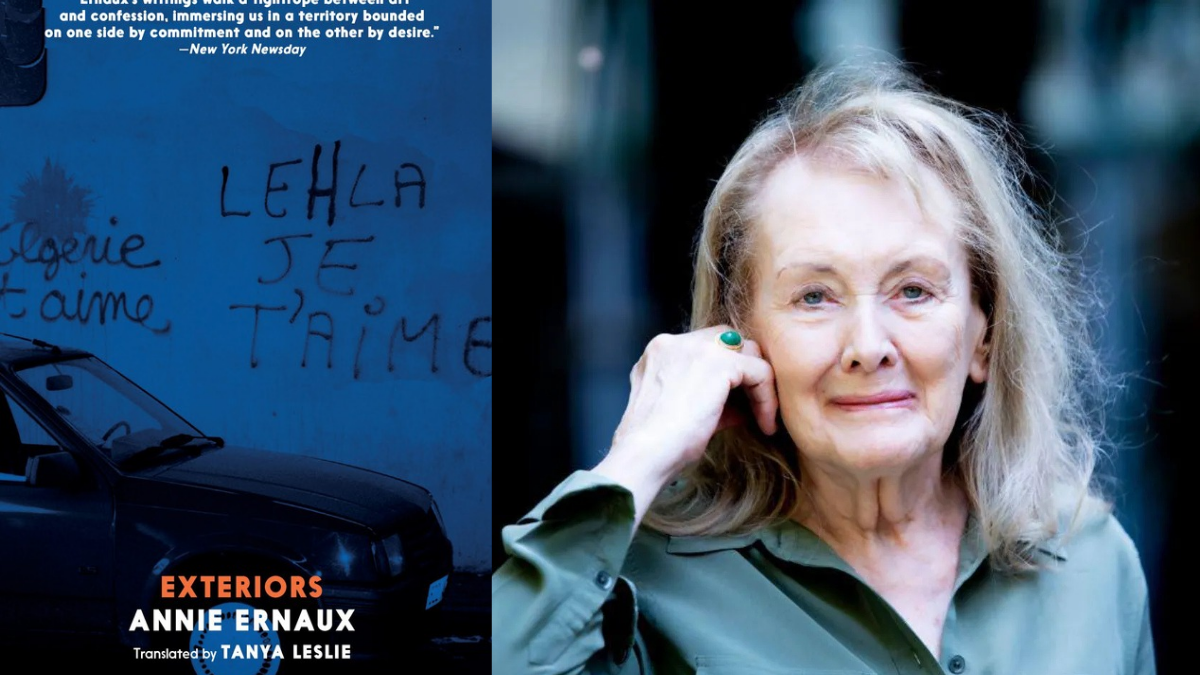History is guilty of using religion as a soft weapon to manipulate and use people against each other. Though India boasts of being the land where different religions share an equal space of tolerance and respect, this theory has now become clichéd. It seems that the ghost of Partition between Hindus and Muslims haunts the present generation as well. Paro Anand (a children and young adult Indian fiction writer) captures this deep rooted line of demarcation within her anthology Wild Child and Other Stories.
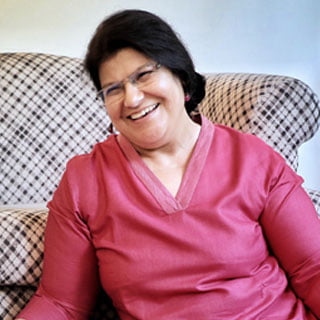
Uderneath the garb of fiction, Anand has poignantly referred how the school- the very basis of shaping a child, has become the centre of bullying and harassment. Though in a fairy tale like fashion, her stories end on a happy note where there is realisation and deep introspection. But these happy endings give us false hopes. This article shall be taking into account two of Anand’s short stories – ‘Those Yellow Flowers of August’ and ‘Eid’,
Paro Anand’s ‘Those Yellow Flowers of August’ and young interreligious love
‘Those Yellow Flowers of August’ shows the blooming of young love which has an undercurrent of religious tension. Nitya was eager to know the name of the ‘good- looking boy’ in her new school, but her smile and enthusiasm got obliterated on getting to know his name to be Khalid. She wished deep down that he could have other name but not a Muslim name.
Tracing to the beginning of the story, the readers come to know that Nitya’s father has been killed in a bomb blast and from then, her deep seated resentment has grown for the Muslims. She considered them to be ‘first class killers‘ and a ‘bloody lot’. No one helped her come out of her web of misconceptions, until it was Khalid himself. On the first day of the school, the seniors wanted to have an introductory session and to break the ice, they told them to have an impromptu play in pairs.
Tracing to the beginning of the story, the readers come to know that Nitya’s father has been killed in a bomb blast and from then, her deep seated resentment has grown for the Muslims. She considered them to be ‘first class killers‘ and a ‘bloody lot’
But the problem arose, when Nitya was paired with Khalid and Nitya became furious although the latter tried his best to understand his friend’s hatred towards him. Finally, with much of insistence, Nitya burst out ‘My father died. He was killed… (by) Muslims‘. When he said that being a Muslim and a terrorist are completely different things altogether, she carelessly said ‘I don’t care… It was a Muslim bomb that killed him‘.
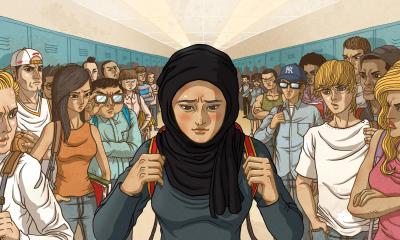
But Khalid started to make Nitya understand that his religious identity does not make him a traitor, ‘My father is in the Indian Army and he is not a terrorist. He puts his life on the line everyday …to stop more Nityas from losing their fathers‘. Paro Anand draws the ending of the story in a beautiful way, where the fog of misconception gets cleared from Nitya’s mind and both of them even remain as a couple for few years.
Paro Anand’s ‘Eid’ talks about Islamophobia in schools
It becomes apparent from Paro Anand’s short story that after the infamous 9/11 incident, almost all non – Muslims spread Islamophobia consciously or unconsciously. In another short story, ‘Eid’, Paro Anand reiterates this fact that how a child, because of his religious identity, is bullied by others. This ostracisation creates a deep rooted depression in the protagonist of the story, who suffers in silence for a long while after returning from school.
However on repeated persuasion, it became apparent that Ayub has been teased by his classmate Shaan and his gang of friends. They had said to him ‘You Mossies are just killers … traitors, gadaar, Khalnayak‘. In the absence of his friend, Shaurya, the situation escalated to be worse, he was cornered in an isolated spot and then his tiffin box was snatched.
Giggling, the bullies said ‘You planning to blow up the school or something?‘ ‘Enjoying your blood sandwich?’ and even made Ayub say ‘I’m sorry, I’m sorry… I am a Muslim… I am a terrorist… I’m sorry I killed so many people.’
Giggling, the bullies said ‘You planning to blow up the school or something?‘ ‘Enjoying your blood sandwich?’ and even made Ayub say ‘I’m sorry, I’m sorry… I am a Muslim… I am a terrorist… I’m sorry I killed so many people.’ As a result he got a scolding from his teacher for being late from lunch and was unable to say anything in his defence. Ayub could not understand why he was being alienated, but this peer pressure strained him and so he was thinking of pleading to his parents to transfer him to another school.
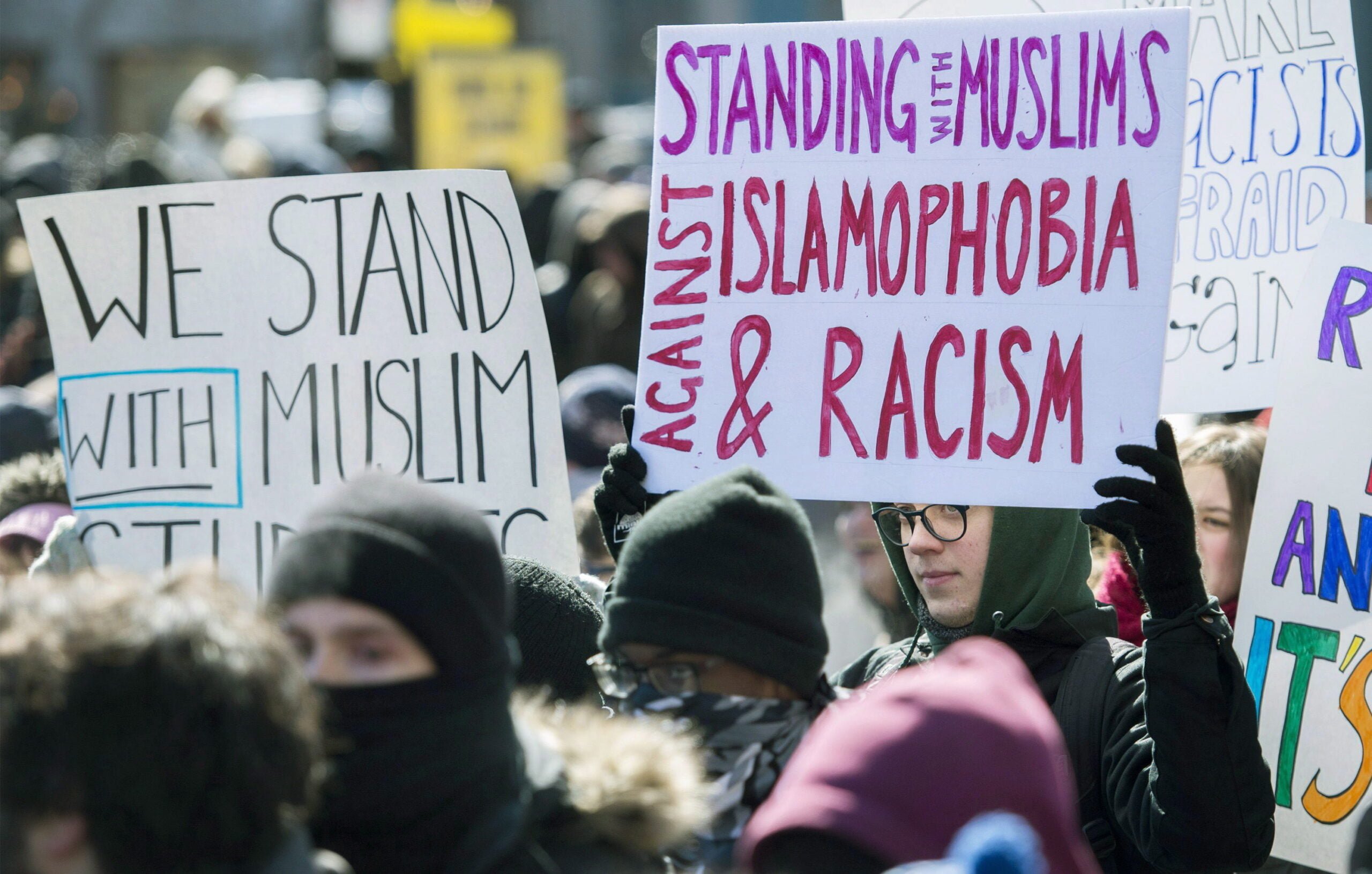
Ayub’s parents were taken aback after listening to the entire conundrum. When asked by their younger son about his religion, their awkward silence and hesitation makes the readers sense the cat within the bag. When the cat is let out, the readers come to know that Ayub’s parents had an interreligious marriage, which was not accepted by their respective families. So they did not celebrate their respective festivals, in a grand manner and brought up their son without a religion.
But life brought them at a crucial juncture, where they had to explain to their youngster that he had ‘the best of two worlds‘, since he was officially ‘half-Muslim and half-Christian‘. This did not make sense to Ayub as to why he was being bullied, ‘…And I’m not going to be a killer, am I?‘ He asked. His parents were determined to do something to uproot his fear, and so they approached his class teacher and principal. The school was horrified to know that even after they excluded religion from the school prayers and matters of discussion, a young student had to face such harassment.
His parents were determined to do something to uproot his fear, and so they approached his class teacher and principal. The school was horrified to know that even after they excluded religion from the school prayers and matters of discussion, a young student had to face such harassment.
So, the teachers made an attempt to explain to all the students that religion is a complex web where both good and bad people exist. Ayub’s parents even explained the difficulties they faced because they belong to different religions. A deep sense of guilt rose within Shaan, but he was surprised at Ayub’s mother’s kind gesture of inviting all of them in the celebration of ‘Ayub’s first official Eid‘. The story ends on a happy note of Ayub celebrating his first Eid with his family and friends.
The reality of Islamophobia in educational spaces in India today
The reality is, however, not so easy as a fictional tale. Even after so many years of the 9/11 incident, the repercussion can be felt in recent times. People often portray Muslims to be representative of the cult of Osama bin Laden. This rotten psychology is breeding hatred and ostracisation and it feels all the more painful, when teachers directly insult their students. For instance, as reported on November 29, 2022 in Karnataka’s Manipal Institute of Technology, a student was being repeatedly asked his name. And, when the professor heard it to be a Muslim name, he blurted out, ‘Oh, you are like Kasab!‘ (referring to the terrorist Ajmal Kasab). The student in defence replied, ‘26/11 was not funny. Being a Muslim of this country and facing all this every day is not funny, Sir.’

A similar incident happened on August, 24 of this year, when a school teacher of Muzzafarnagar, Uttar Pradesh asked her students to slap their classmate who was a Muslim. Even she was abusing him with religious slurs, and interestingly, she excused the incident as a “minor issue”, primarily done for not completing the homework.
However, turning a Nelson’s eye to all these small incident that get highlighted is making the situation worse for Muslims. They are a community whose history of culture, art and architecture is impeccable, but they are cornered and termed as “others”. Educational institutions which are thought to be secular spaces, where young minds are nurtured with fresh and unbiased thoughts are also being contaminated by this religious prejudice. One can only hope, that Paro Anand’s stories can inspire students and teachers alike, so that no one shares the fate of Nitya and Ayub.
